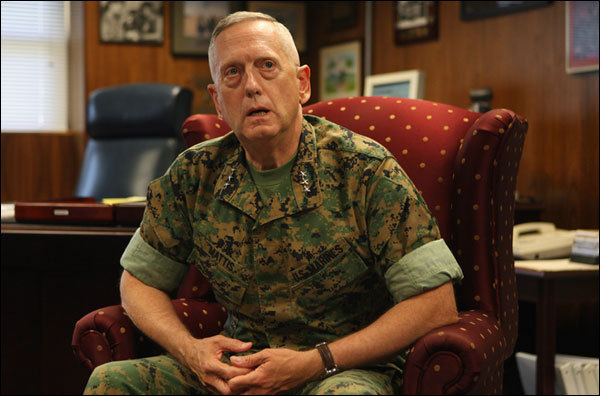I have seen other mentions in the news about Russia’s interest in PMSC’s, although they have been using them for quite awhile. For a great primer on one aspect of what a Russian type market would look like, is this episode of a documentary that the gaming company EA put together for Army of Two.
In the documentary they focus on the PMSC industry in Transnistria. This break away republic is flush with weapons and out of work soldiers, and this country’s industry has been involved with providing arms and services all over the world. The country is in a grey area of status, and multiple clients have been able to take advantage of this situation.
For Russia, it sounds like they are willing to experiment and copy the west’s use of PMSC’s. Although I doubt they would be totally private, but you never know… –Matt
Private Military Companies May Appear in Russia – Rogozin
19/09/2012
By Dan Peleschuk
The Russian government’s Military Industrial Commission may consider creating private military companies in Russia, Deputy Prime Minister Dmitry Rogozin said Wednesday.
Russia’s significant economic interests abroad often operate in “difficult” conditions, and such companies would facilitate their work, said Rogozin, who oversees Russia’s military-industrial complex.
“We are thinking about whether our money should go toward financing foreign private security [and] military companies, or whether we should consider the feasibility of such companies in Russia itself,” he said.
President Vladimir Putin also declared his support in April for the creation of such companies, currently employed by a slew of Western governments, to provide security for Russian facilities abroad as well as training foreign military units.
Some Russian military analysts, however, are skeptical about Rogozin’s idea. They think the plan could be just one of the charismatic politician’s off-the-cuff statements, such as his claim earlier this month that Russia should plan to build a lunar base to reinvigorate its flagging space program.
Military analyst Alexander Golts says private U.S. security companies, for example, are useful because they allow the U.S. government to dodge the hefty insurance payments in the case of a military-related death – a practice rendered largely pointless in Russia.
